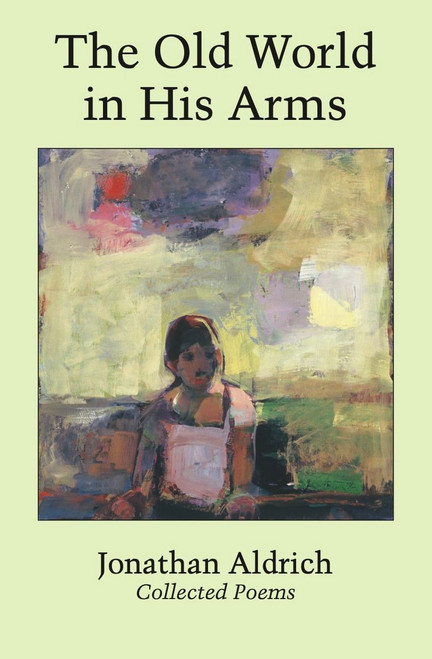Wonders of the Invisible World
by Claire Bateman
paperback, 107 pages
2023
Reviews
Just when I thought Claire Bateman had steered me past the last row in the poetry corn maze, pointed me to the last image in the metaphoric fun house mirror, had my imagination open the last nested Babushka doll of stanzaic surprise, I get this great new collection from her and I follow again into the Republic of Wildness where Claire is President for Life. I have loved her work for decades. It rattles all my certainties.
—John Lane, author of Anthropocene Blues
Claire Bateman writes lyric fairy tales that are experiments in traveling through wormholes, various online social media ethers, into the future, and beyond the veils of memory. In her surreal, playful, metaphysical poems of deep bafflement she speaks to the child in you, the scientist in you, the faun and the nymph and breath of a spirit on the wind in you. Wonders of the Invisible World is an idyll, a fancy, a reverie, a revelation, and I love every line on every page.
—Kathryn Nuernberger, author of Rue
There are only seven wonders of the literary world at any given time, and in this era, Claire Bateman is clearly one of them. (The names of the other six are yet to be revealed.) No one else on earth has an imagination, a wit, a vision, or an ethereal sensibility as powerful and intoxicating as hers. Unwitting readers have been known to experience contact highs from mere proximity to her poetry. Some critics suspect Ms. Bateman of being an accidental earthling—one not meant to have descended into flesh. (It’s true—mistakes, though rare, do occur, especially during eclipses, solar storms, and the single nanosecond per millennia when God takes her much needed nap.) With every book, poem, sentence, or word Ms. Bateman writes, she reveals a bit more of her true identity, offering glimpses of other worlds where the very nature of reality is malleable, and transcendence is an everyday event. For this reason, reading her poetry is not without its risks—one might experience a mystical experience, even a transformation, and no longer be satisfied with a drab life among fellow humans who dwell on the ground like ants tugging granules of sugar or crumbs of bread back to their anthills, as if their very lives depend upon it. Instead one will keep company with the likes of William Blake and Blaise Pascal, and begin lolling about, painting dreams and talking with angels as the sun slides slowly across the sky.
—Nin Andrews, author of Why God is a Woman




